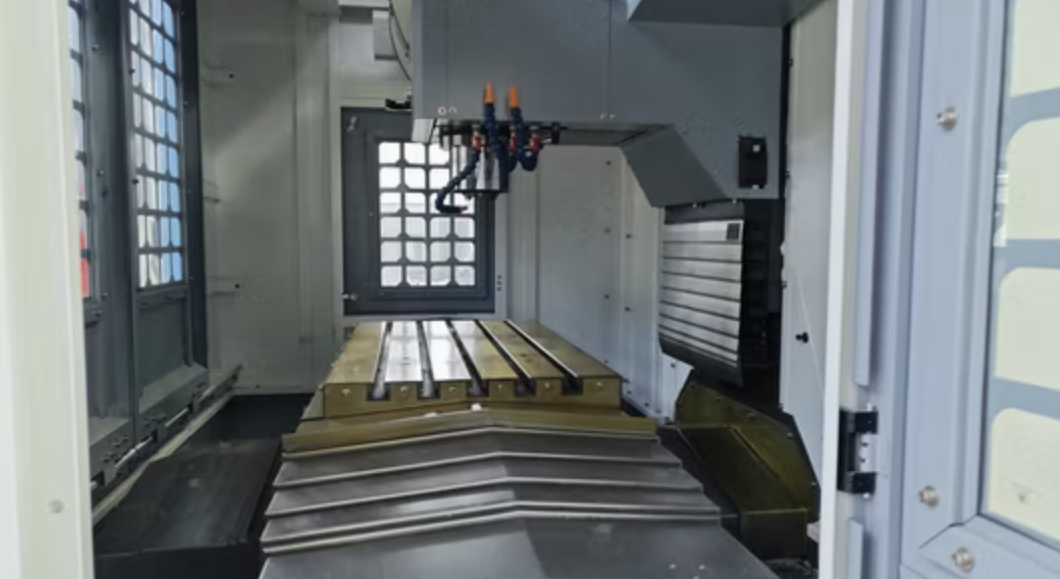
Posted on Saturday, November 4, 2023
The defense manufacturing industry is one of the most demanding sectors when it comes to precision engineering and reliability. From creating weapon components to constructing naval vessels and armored vehicles, metal fabrication machines play a vital role in meeting the rigorous requirements of defense production.
When choosing metal fabrication machines for defense manufacturing, prioritize the following:
Here are some top machine categories and their ideal uses in defense manufacturing:
Naval vessels require extensive metal cutting for hulls, decks, and internal structural components. When selecting a plasma cutter for this application, a shipbuilder chose a high-definition CNC plasma cutting system. The system's ability to cut 50 mm thick steel with minimal kerf and excellent edge quality ensured faster production cycles and reduced material wastage. Additionally, the machine's integration with CAD software streamlined the design-to-manufacturing process, ensuring compliance with naval standards.
Q: What is the most important factor when buying a metal fabrication machine for defense applications?
A: Precision is paramount. Defense components must meet exacting tolerances to ensure safety and functionality.
Q: What are the common materials used in defense manufacturing?
A: Hardened steel, titanium, aluminum alloys, and composite materials are frequently used due to their strength, durability, and lightweight properties.
Q: What are the certifications required for machines used in defense production?
A: Machines should meet ISO 9001 standards and any specific military standards, such as MIL-SPEC, relevant to the project.
Q: Can I use general-purpose machines for defense manufacturing?
A: It depends on the application. However, specialized machines tailored for precision and heavy-duty materials are often better suited.
What is a CNC Machine in Defense Manufacturing?
A CNC (Computer Numerical Control) machine automates cutting, drilling, and shaping processes to create high-precision components. In defense, it is widely used for weapon parts and aerospace applications.
What are the Advantages of Using Plasma Cutters in Shipbuilding?
Plasma cutters offer fast and precise cutting of thick metals, reducing production time and costs. They also produce minimal heat-affected zones, preserving the integrity of the metal.
Choosing the right metal fabrication machines for defense manufacturing involves understanding the unique demands of the industry—precision, durability, scalability, and compliance with standards. From CNC machines for weapon parts to plasma cutters for shipbuilding, every choice impacts the quality and efficiency of production. Use this guide as a reference to make informed decisions that meet the rigorous requirements of defense projects.

Used Purlin Roll Forming Machines for Sale Worldwide
Posted on Sunday, January 25, 2026
Pre-Owned Roll Forming Machines for Purlin & Structural Steel Profiles

Used Roof Panel Roll Forming Machines for Sale Worldwide
Posted on Sunday, January 25, 2026
Pre-Owned Roll Forming Machines for Roofing Panel Production

Used Roll Forming Machines for Sale Worldwide
Posted on Tuesday, January 20, 2026
Pre-Owned Roll Forming Machines with Inspection, Verification & Global Support

Steel Coil Supply for Roll Forming Machines Worldwide
Posted on Tuesday, January 20, 2026
Reliable Steel Coil Supply for Roll Forming, Fabrication & Manufacturing Applications
Copyright 2026 © Machine Matcher.